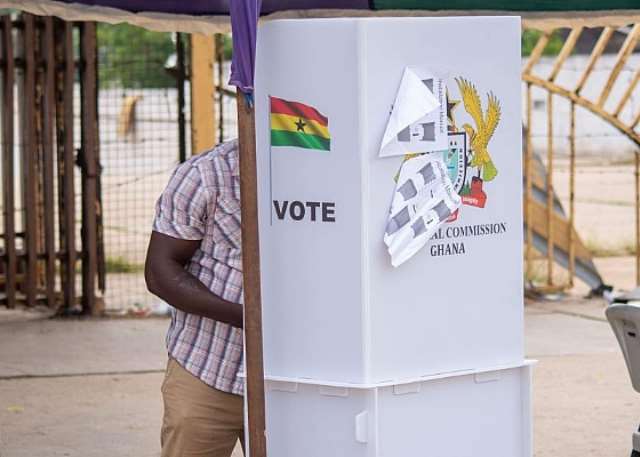
The Constitutional Council of Ivory Coast has released the provisional list of candidates for the 2025 presidential election, confirming 60 contenders for the nation’s highest office.
The announcement, made on Friday, August 29, comes just weeks ahead of the vote scheduled for October 25.
Chantal Nanaba Camara, president of the Constitutional Council, stated that the candidate files were submitted to the Independent Electoral Commission (IEC) between July 1 and August 26.
Among the high-profile submissions are those of outgoing President Alassane Ouattara, former President Laurent Gbagbo, former First Lady Simone Ehivet, and former Crédit Suisse CEO Tidjane Thiam.
The IEC transmitted all candidacies to the Constitutional Council for verification within 72 hours of receipt.
The list contains notable surprises. Laurent Gbagbo and Tidjane Thiam were nominated by their parties despite questions over eligibility, while Alassane Ouattara, seeking a fourth term, faces criticism from opposition parties labeling his candidacy “unconstitutional.” Nevertheless, the Constitutional Council has provisionally accepted all three.
A formal challenge period is now open under Article 56 of the Electoral Code. Candidates and their sponsoring parties have until Monday, September 1, at 6 p.m. to submit appeals to the General Secretariat of the Constitutional Council in Plateau. Appeals must be submitted in ten original copies and entered in the official register. After the deadline, no further claims will be considered.
The provisional list also signals a generational shift. More than 30 candidates are running as independents, and several are under 40, reflecting the growing political engagement of younger Ivorians and a potential shake-up in the country’s political landscape.
Following the review of any appeals, the Constitutional Council will publish the final list by September 10, officially opening the campaign period for the October election.
With a mix of established political figures, independents, and newcomers, the 2025 election presents a wide field and raises questions about whether opposition forces can unite behind a single candidate or risk fragmenting the vote, potentially shaping the next chapter of Ivory Coast’s political trajectory.



